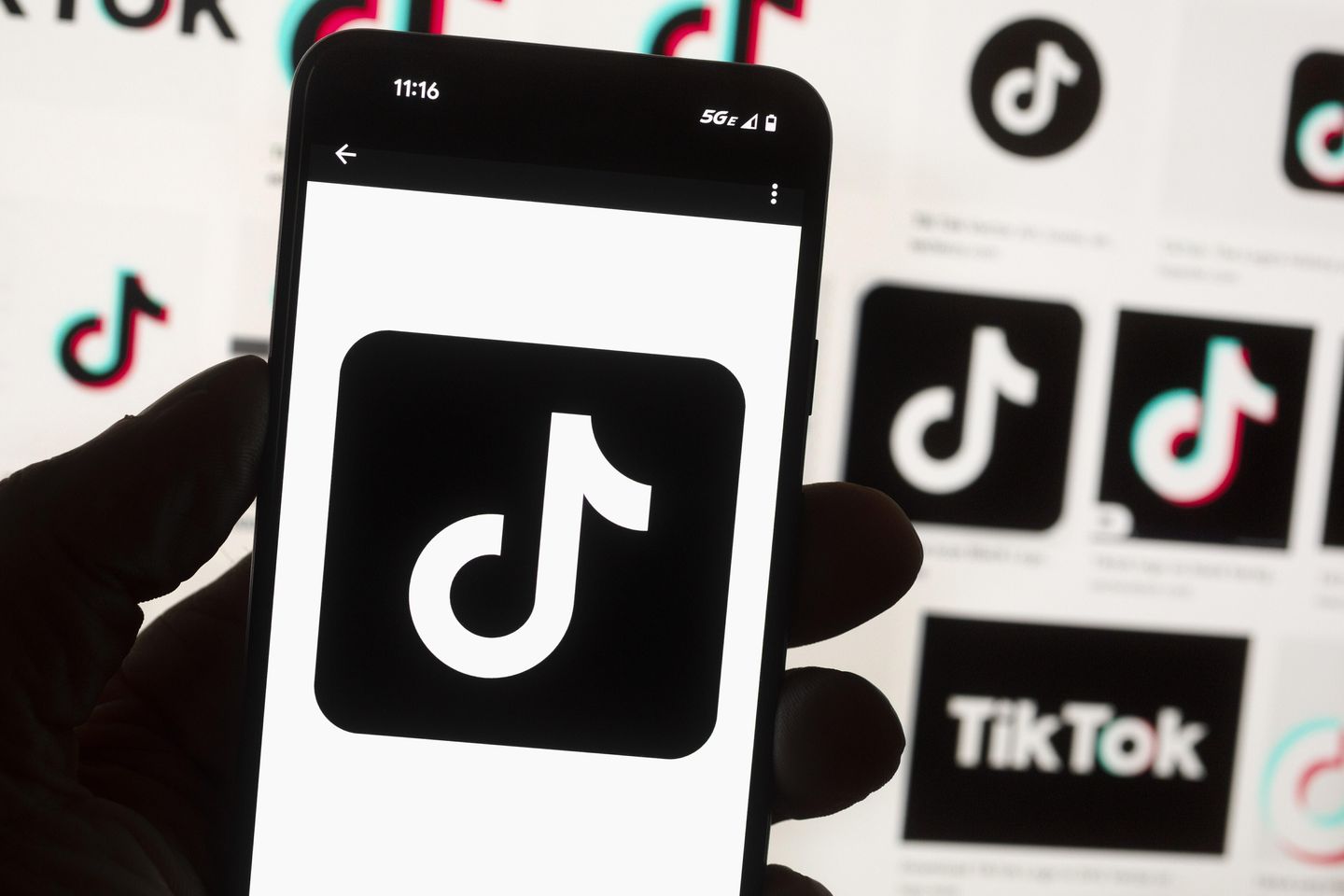
Don’t miss the full story from our staff writers, whose reportage is the basis of this article.
The Trump administration and China have reached a framework agreement to keep TikTok operating in the United States, ending a yearlong effort to transfer the platform to American ownership. Treasury Secretary Scott Bessent announced the deal on Monday following negotiations in Madrid, Spain, stating that President Trump played a crucial role and will finalize the agreement with Chinese leader Xi Jinping on Friday.
The agreement comes after Congress passed bipartisan legislation signed by President Biden that banned TikTok unless its China-based parent company ByteDance sold its U.S. operations. The Foreign Adversary Controlled Applications Act took effect on January 19, causing TikTok to temporarily shut down on January 18. However, Mr. Trump signed an executive order on January 20 delaying enforcement for 75 days, later extending the deadline multiple times to September 17.
Li Chenggang, China’s international trade representative, confirmed that both sides reached a “basic framework consensus” to solve TikTok-related issues cooperatively while reducing investment barriers and promoting economic cooperation. The deal aims to transfer TikTok to U.S. ownership, though commercial terms remain undisclosed as they involve private parties.
Mr. Bessent emphasized that the agreement respects U.S. national security concerns while ensuring fairness for Chinese interests. The negotiations occurred during broader trade discussions between U.S. and Chinese diplomats in Spain this week.
Mr. Trump’s position on TikTok has evolved significantly. During his first term, he supported banning the platform due to national security concerns. However, his stance changed after viewing TikTok as beneficial to his November election victory, leading to his determination to strike a preservation deal.
TikTok, developed by Beijing-based ByteDance, launched internationally in 2016 after the company created Douyin for the Chinese market. ByteDance later acquired Musical.ly, a popular lip-syncing app, and merged it with TikTok while keeping the platforms separate. The app became the first Chinese platform to achieve major success in Western markets by focusing on interest-based content rather than user connections.
The platform gained massive popularity during COVID-19 lockdowns, with viral dance videos becoming signature content. This success prompted Instagram and YouTube to develop competing short-form video features called Reels and Shorts, respectively. TikTok’s popularity also launched careers for artists like Lil Nas X.
U.S. officials have consistently raised concerns about TikTok’s Chinese ownership, citing laws requiring Chinese companies to share data with their government upon request. Additionally, concerns exist about the proprietary algorithm determining user content feeds, highlighting ongoing tensions between technological innovation and national security interests.
Read more: U.S. says a deal has been reached on TikTok, but details are sparse
This article is written with the assistance of generative artificial intelligence based solely on Washington Times original reporting and wire services. For more information, please read our AI policy or contact Ann Wog, Managing Editor for Digital, at awog@washingtontimes.com
The Washington Times AI Ethics Newsroom Committee can be reached at aispotlight@washingtontimes.com.











